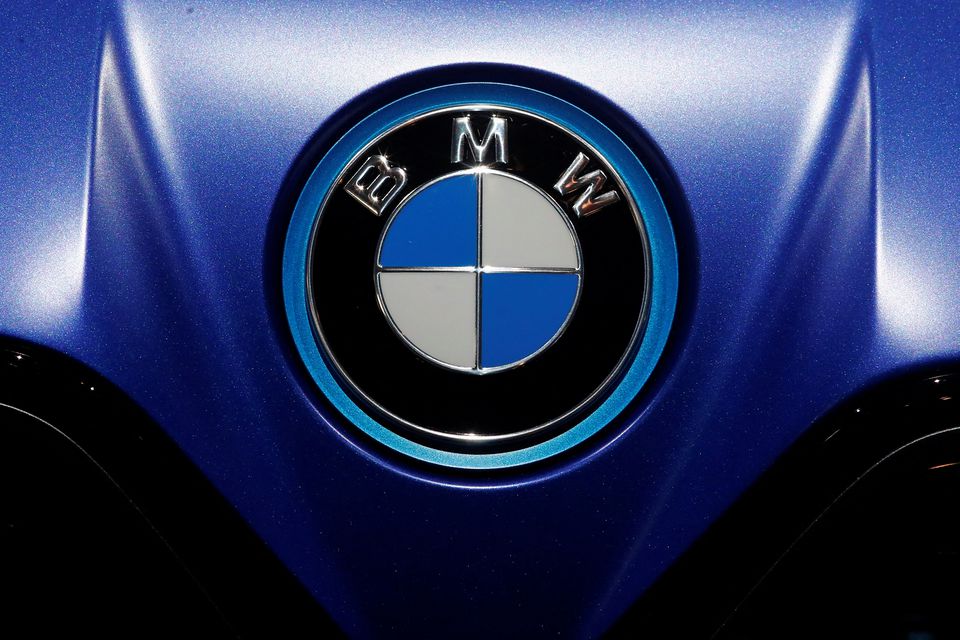By Christina Amann and Nick Carey
BERLIN, March 11 (Reuters) – Carmakers including Volkswagen (VOWG_p.DE) and BMW are scrambling to find alternative sources of vital parts made in Ukraine from as far afield as China and Mexico, as Russia’s invasion halts assembly lines and breaks complex supply chains.
The hunt for new supplies is the latest challenge for an auto industry already reeling from soaring metal and energy prices, supply chains snarled by the pandemic, and a shortage of semiconductor chips. read more
As a result, world No. 2 automaker Volkwagen and rival BMW have cut output and temporarily closed some assembly lines, while Mercedes-Benz (MBGn.DE) has warned its production will be affected soon. read more
VW’s premium brand Audi said the entire Volkswagen group is working to get major suppliers to relocate their Ukrainian wire harness production to other plants, or find alternative suppliers. That search includes Eastern Europe, North Africa, Mexico and “possibly” China, it said.
“We have been working successfully with various suppliers from these regions for our models for years,” it said. “It is possible, for example, that suppliers will split production across several locations.”
Nick Klein, a vice president at global logistics firm OEC Group, said carmakers who have relied on Ukraine will need to move fast.
“You’ll need to order way ahead of time, because you’ll face delays, and carmakers will be competing against each other for the same sources,” said Klein, who specialises in automotive logistics.
‘MESSED-UP’ SUPPLY CHAINS
Western Ukraine, with its low-cost, highly-skilled workforce and proximity to Europe’s car factories and a wealth of raw materials, has grown into a major production hub for wire harnesses, with Japan’s Fujikura (5803.T) and France’s Nexans (NEXS.PA) among those producing there.
Some manufacturers, like Fujikura, have suspended Ukrainian production altogether since the invasion, while others are operating at reduced capacity. Neither Fujikura nor Nexans replied to requests for comment on their plans.
Moving production to plants in other low-cost markets with a vibrant wire harness industry, like Romania, Serbia or Tunisia, involves buying new equipment to boost capacity, which could take months to install.
According to industry sources, suppliers and carmakers are discussing who will foot the bill. Carmakers interviewed for this story would not name their suppliers.
Some wire harness manufacturers in Ukraine, such as Kromberg & Schubert, Japan’s Yazaki and Leoni (LEOGn.DE), already have alternative plants in other countries. Leoni declined to comment on its plans, and K&S and Yazaki did not respond to requests for comment.
There is still a trickle of supply out of Ukraine. One wire harness manufacturer in the country’s west, who spoke on condition of anonymity because of concerns for the safety of workers, said some production continues during the day, though it is shuttered at night due to curfews.
Some trucking companies are hauling wire harnesses south across the border into Romania because for now the fighting has not reached that region, OEC Group’s Klein said. That could soon change.
“The number of truckers who are willing to drive those routes as this continues will be less and less,” Klein said. “There’s going to be a point where you can’t get anything out of there safely.”
Facing a “messed-up” global supply chain, European carmakers need as many sources of parts as possible, Klein said.
“Right now you cannot have enough suppliers and you cannot have enough shipping partners, because of the climate we’re in.”











